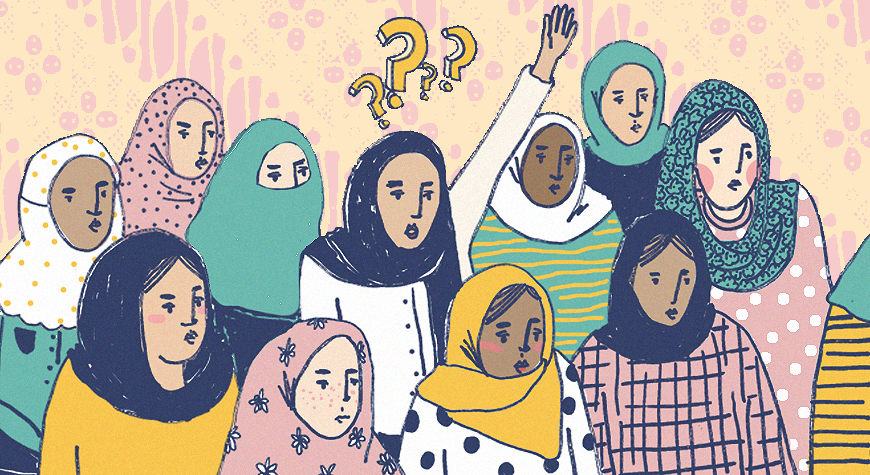In the context of Indonesia, feminism as a thought or philosophy and a social movement has become a hot topic in various scientific discourses. However, as a country with a majority Muslim population and with more and more Muslim women reformers fighting for gender equality, the debate over the views on “acceptance” of feminism discourse in Indonesian Islamic society is still divided between the pros and cons. Therefore, there is still a need for advocacy and awareness that feminism is not a matter of anti or subjugation of men but a matter of fundamental justice.
In its history, feminism was born from the womb of injustice and social wounds. Feminism was born to fight the unequal distribution of justice, an unequal perspective of justice, creating power relations that place the weak as victims. However, as a philosophy and a social movement, feminism did not arise out of amazement. On the contrary, it emerged as a direct response to social activities and political problems: a call for change (Cole, 1993: 1). He was born in a particular historical situation marked by injustice or oppression; and has a clear and specific goal, namely the ideals of justice.

Although feminism is considered a modern and contemporary thought, this discourse on the spirit of justice and equality can be traced from the 18th century in the West, known as proto-feminist. The birth of feminism marked the beginning of social thought and movement that aspired to criticize the injustice and fight it so that women would no longer be victims of a patriarchal society.
Feminism in Indonesia
The birth of feminism in Indonesia, as in the West, is driven by the injustice or oppression of women. The world knows Raden Ajeng Kartini (1879-1904) as a pioneer of the women’s movement in Indonesia. However, we are also familiar with other names such as Dewi Sartika and other Sundanese Tatar women who build girls’ schools. At that period, Women were so difficult to get an education because women were more identified with housework so that education was not a priority.

